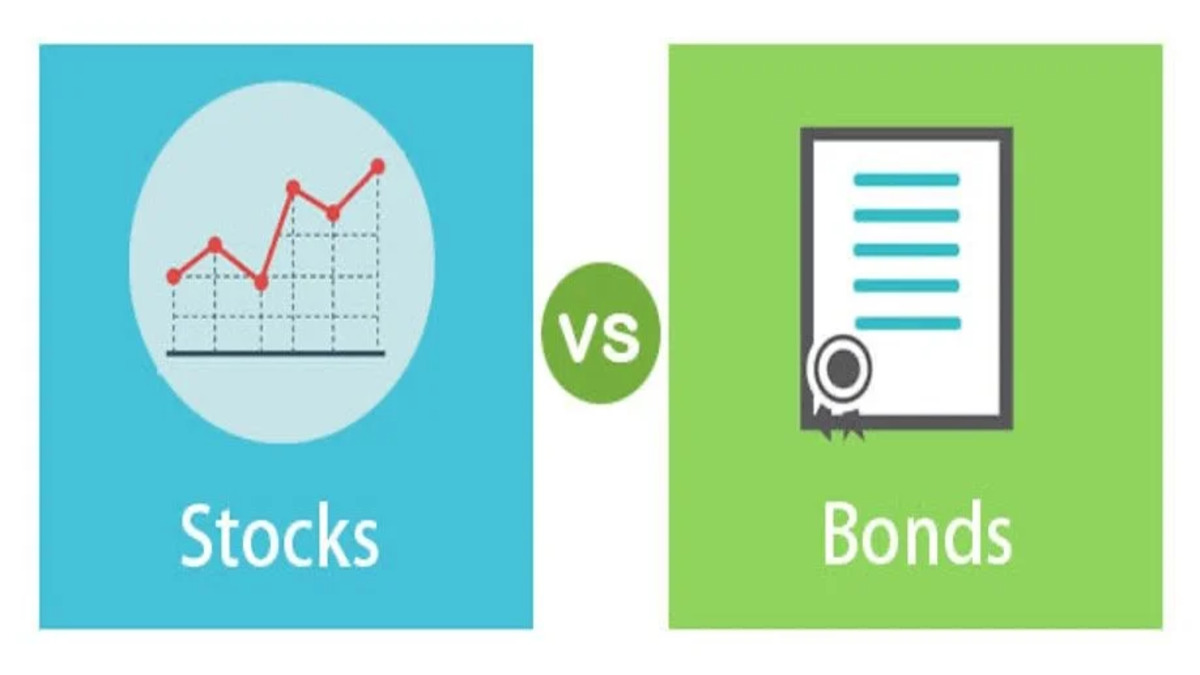Understanding stocks vs bonds is one of the first steps to becoming a confident investor. Many beginners hear about stocks and bonds but don’t really know how they work or which one is better for them. Learning the difference between stocks vs bonds helps you choose the right investment for your goals, your risk level, and your financial future. In simple terms, stocks vs bonds represent two different ways to grow your money one with higher risk and higher reward, and one with lower risk and more stability.
What Are Stocks?
Stocks represent ownership in a company. When you buy a stock, you become a small part-owner of that company. If the company grows and performs well, your stock value increases. If the company struggles, your stock value may fall.
Why People Invest in Stocks
- Higher potential returns
- You benefit from the company’s growth
- You can earn dividends — small payouts from profits
- Stocks help build long-term wealth
Risks of Stocks
- Stock prices can go up and down
- You may lose money if the company performs poorly
- Stocks require patience and long-term thinking
In simple terms, stocks are great if you want higher returns and can handle some up-and-down movement in the market.
What Are Bonds?
Bonds are loans you give to the government, companies, or organizations. When you buy a bond, you are lending money in exchange for regular interest payments and a promise to return your full money at the end of the term.
Why People Invest in Bonds
- More stable than stocks
- You get predictable interest payments
- Lower risk
- Useful for protecting your money
Risks of Bonds
- Lower returns compared to stocks
- Inflation can reduce the value of future payments
- Some companies may default (rare with government bonds)
In simple terms, bonds are good if you want safety, stability, and steady income.
Stocks vs Bonds: The Key Differences
| Feature | Stocks | Bonds |
|---|---|---|
| Risk Level | High | Low |
| Return Potential | High | Moderate/Low |
| Ownership | Yes | No |
| Income Type | Dividends (not guaranteed) | Fixed interest (guaranteed) |
| Best For | Growth | Stability |
Which Is Right for You?
Choosing between stocks vs bonds depends on your financial goals and your personality.
1. Your Risk Tolerance
- If you can handle seeing your money go up and down → Choose more stocks
- If you prefer stability and steady returns → Choose more bonds
2. Your Financial Goals
- For long-term goals (wealth building, retirement, future investments) → Stocks are better
- For short-term goals (school fees, rent savings, emergency funds) → Bonds are safer
3. Your Age
Younger people usually invest more in stocks because they have time to recover from market drops.
Older people usually hold more bonds for stability.
Balancing Stocks and Bonds
You don’t have to choose only one. Most smart investors combine both. A common approach is the 60/40 rule:
- 60% stocks for growth
- 40% bonds for stability
But you can adjust it to match your comfort level.
Understanding stocks vs bonds helps you make smarter investment decisions. Stocks offer higher returns but come with more risk. Bonds give stability and steady income but with lower returns. The right choice depends on your goals, your age, and how much risk you can handle. You can even mix both for a balanced portfolio.
Start simple, stay consistent, and choose what fits your financial journey.








































































